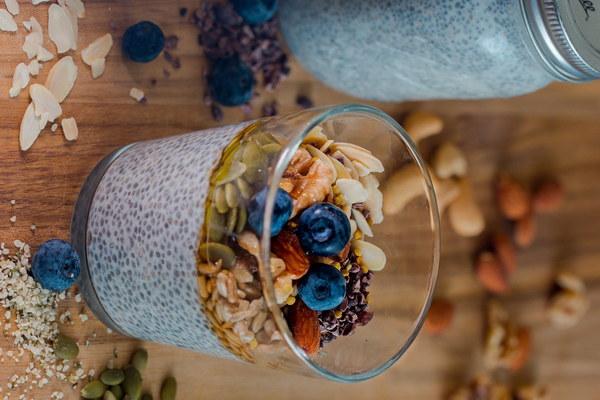The Unexpected Side Effect of Your Anti-Aging Serum Flaking Skin
In the quest for flawless and radiant skin, many of us turn to anti-aging serums, hoping for a miracle solution to our skincare woes. However, one common side effect that many may not expect is flaking skin. Yes, you read that right! Your once beloved anti-aging serum might be causing your skin to shed, leaving you with an itchy, flaky complexion. So, what's going on, and what can you do about it?
First, let's understand why your skin might be peeling after applying the anti-aging serum. Anti-aging serums are often formulated with potent ingredients like retinoids, vitamin C, and alpha hydroxy acids (AHAs). These ingredients work by exfoliating the skin, revealing fresh, new cells and promoting collagen production. However, this exfoliation process can sometimes be too aggressive for some skin types, leading to flaking.
Retinoids, such as retinol and retinaldehyde, are a popular ingredient in anti-aging serums. They work by speeding up the cell turnover process, which can cause the skin to shed its outer layer. This is why you might experience a mild to moderate amount of flaking as your skin adjusts to the new product. However, for those with sensitive skin, this process can be more intense and uncomfortable.
Vitamin C is another common ingredient in anti-aging serums. It's known for its brightening and antioxidant properties, which can help to reduce the appearance of dark spots and improve skin texture. However, vitamin C can also cause irritation and flaking, especially if your skin is sensitive to this ingredient.
AHAs, such as glycolic acid, lactic acid, and citric acid, are alpha hydroxy acids that work by dissolving the bonds between dead skin cells, allowing them to be shed more easily. This can lead to flaking as your skin gets used to the increased exfoliation. AHAs can be especially harsh on sensitive skin, so it's essential to start with a lower concentration and gradually increase as your skin becomes more tolerant.
If you're experiencing flaking skin after applying your anti-aging serum, here are some tips to help you manage the situation:

1. Start with a lower concentration: If your serum contains potent ingredients like retinoids or AHAs, start with a lower concentration to give your skin time to adjust. Gradually increase the concentration as your skin becomes more tolerant.
2. Use a gentle cleanser: Opt for a gentle, non-irritating cleanser to wash your face. Avoid harsh scrubs or cleansers with harsh chemicals, as these can further irritate your skin.
3. Moisturize, moisturize, moisturize: Flaking skin can often be attributed to dryness. Make sure to use a thick, creamy moisturizer to lock in hydration and soothe your skin.
4. Use a hydrating mask: Apply a hydrating mask once or twice a week to provide additional moisture and calm your skin.
5. Allow your skin to heal: Give your skin time to heal from the flaking. It can take several weeks for your skin to adjust to the new product, so be patient.
6. Seek professional advice: If your skin continues to flake or become irritated, it's essential to consult a dermatologist. They can recommend alternative skincare products or treatments that are more suitable for your skin type.
Remember, not all anti-aging serums are created equal. Some may be more suitable for your skin type and concerns than others. It's essential to do your research and choose a product that aligns with your skin's needs. And while flaking can be an unwelcome side effect, it doesn't mean you have to give up on your anti-aging goals. With a little patience and the right skincare routine, you can achieve that radiant, youthful complexion you desire without the flaky aftermath.









